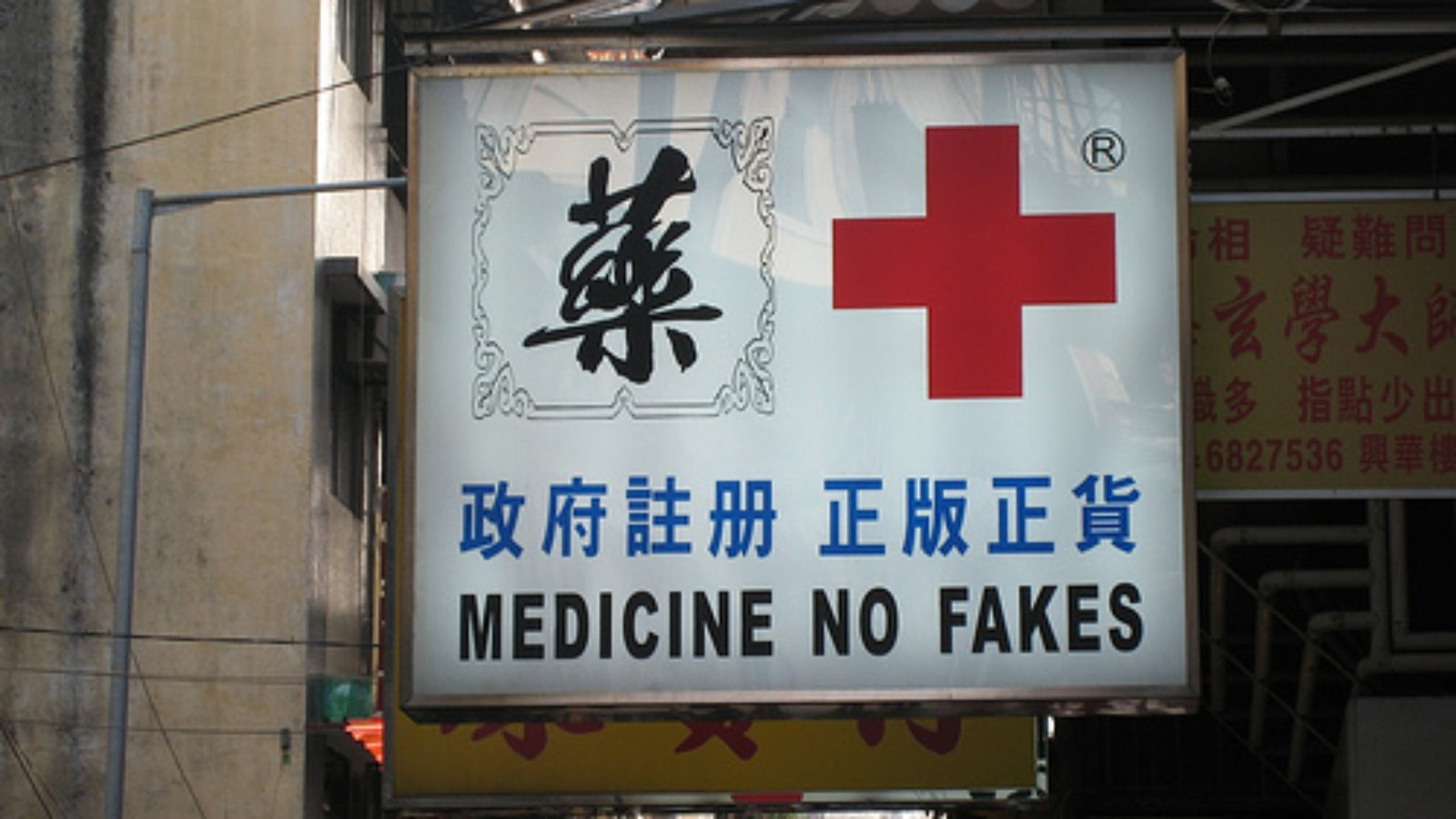In recent years, Western aid donors have worked diligently to increase medicinal drug access throughout the developing world. In fact, the Global Fund to Fight AIDS, Tuberculosis and Malaria reports that nearly 40 percent of its budget has gone to providing vital medications in parts of sub-Saharan Africa, Southeast Asia and Latin America. However, in its latest report, “The Race Against Drug Resistance,” the Center for Global Development (CGD) stated that these efforts have fallen short of their goals.
Aid groups, the CGD report claims, failed to take into account the “invisible adversary” facing medical professionals today—the drug resistant bug. Drug resistance occurs when viruses mutate, enabling them to evade current drug treatments.
As Paula Park highlights in Lethal Counterfeits, her piece in our Summer issue, one of the main factors contributing to drug resistance is the abundance of substandard or falsified drugs on the developing world market. While the report notes human resistance occurs through evolution, the employment of substandard drugs quickens an otherwise natural process.
The consequences are gravest in developing areas. In Africa and India, close to 45 percent of available malaria drugs fail to meet quality standards. When these drugs are administered to sickly patients, they do more harm than good—often spurring viral mutations that are resistant to the standard drugs on the market. And the costs of additional drugs, which could potentially combat the mutations, are exorbitant.
Recognizing the disproportionate effect of counterfeits on the developing world, the CGD report includes a list of recommendations targeting the issue of drug resistance in poverty-stricken regions. One innovative recommendation is the creation of competition for those selling fraudulent medications. Individuals purchase counterfeit drugs because the approved drugs, offered by groups such as the Global Fund, are often unaffordable.
In response to this shortcoming, the Global Fund created Affordable Medicines Facility – malaria (AMFm), which offers subsidies on quality malaria drugs. The report notes that similar subsidies on anti-retrovirals could assist in combating the AIDS and tuberculosis epidemics.
In conjunction with the establishment of competitive markets, the report states that national and international regulatory networks must be strengthened. It uses the example of the West African Drug Regulatory Authority Network (WADRAN) to illustrate its point. Referring to WADRAN as “a regional network without sustained support,” the report argues that the organization has the potential to serve as a forum where West African nations can share strategies on how best to combat counterfeiters.
Currently, counterfeiters easily transport their goods between states, particularly in Africa where borders are porous. A stronger network would isolate the criminals, and ultimately, the report states, eliminate the danger of creating new strains of diseases, immune to all existing medications.
—Yaffa Fredrick
Further studies:
-A full list of recommendations can be found in "The Race Against Drug Resistance" report on the Center for Global Development's website.
-A video summation of the CGD'S report is also available here.
